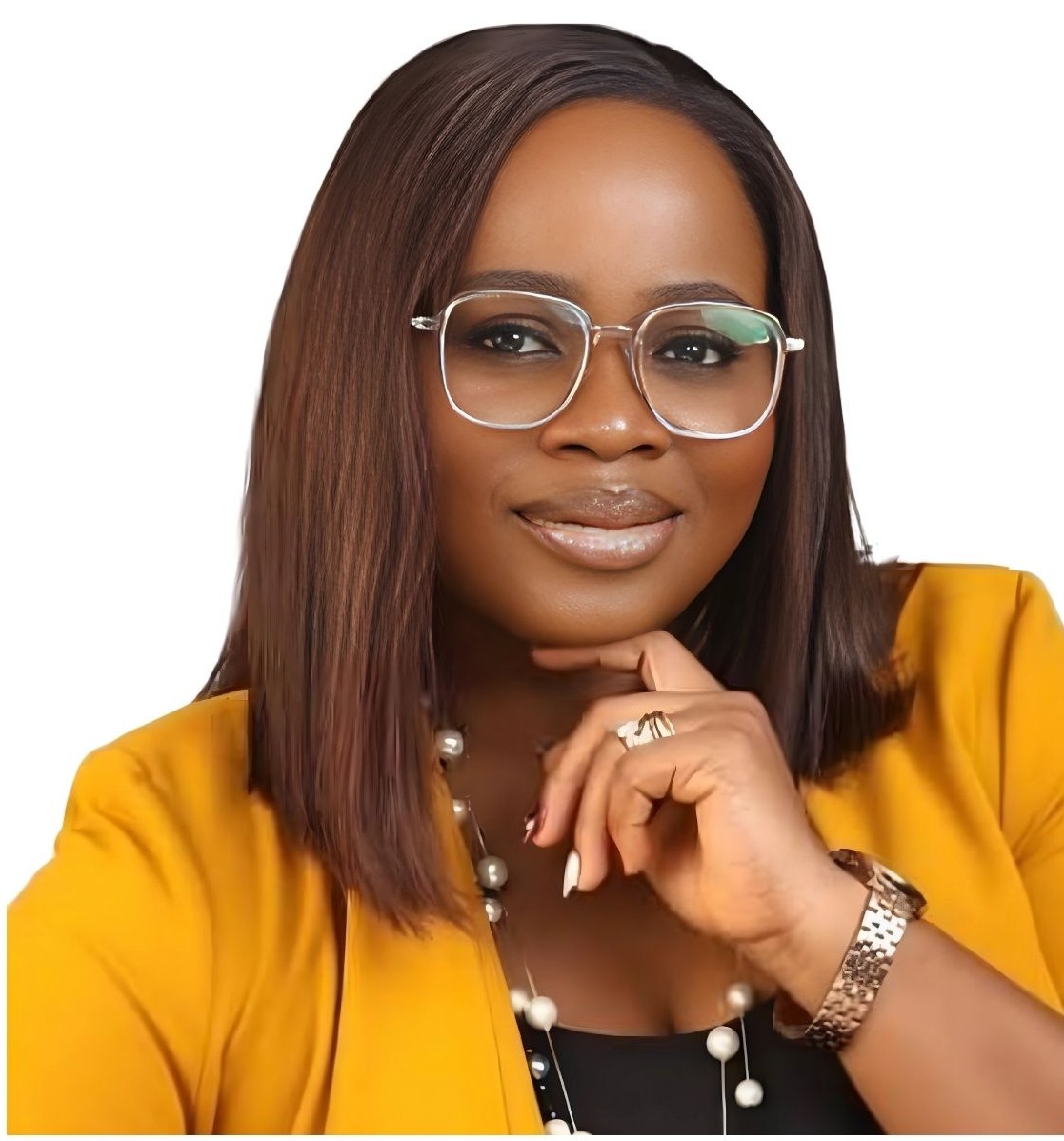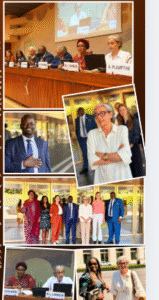Africa’s Dynamic Wealth Coach
Wealth Management Consultant | Business Consultant | Corporate Trainer | Conference Speaker
By Oluchi Obiahu
Sola Adesakin FCA, FCCA, CPA, MBA, CFEI is on a mission to lead a transformative journey toward wealth, guiding people of all ages and professions. With her Make, Manage, Multiply money philosophy, she uses books, courses, and events to unlock financial potential, tapping into divine abundance and unique talents to create a wave of wealth and purpose-driven lives.
Today, we explore Sola Adesakin’s insights on navigating financial literacy, entrepreneurship, and impact.
- Founding Smart Stewards Academy
Smart Stewards Academy started informally, I was simply sharing financial insights with my friends. Eventually, I created a Facebook group to teach more people, and that’s when I realized the sheer demand for structured financial education. What started as casual conversations turned into courses, conferences, and money challenges, eventually growing into a full-fledged edtech platform.
My background as a chartered accountant helped significantly. Working with numbers, analyzingfinancial data, and understanding investments made it easier to teach people how to navigate their finances confidently, whether in personal finance or business.
2. Balancing Multiple Roles
Being an entrepreneur, author, personal finance coach, and speaker requires intentionality. At the heart of it all is my purpose, I know my gifts and talents, and I am committed to serving with them. However, I also recognize that I cannot do everything alone.
I focus on my strengths and delegate tasks where needed.
My husband is a strong pillar of support, alongside my mum, domestic staff and my team.
I outsource tasks that don’t require my direct input.
I plan my schedule intentionally, prioritizing what truly matters.
Most importantly, I’ve learned to differentiate betweenglass balls (things that will shatterif dropped) and plastic balls (things that can be delegated or paused without long-term damage). Understanding this balance has been key to managing multiple responsibilities effectively.
3. Common Misconceptions About Personal Finance
Some of the biggest myths I’ve encountered include:
“Money is too complicated to understand.” In reality, financial literacy is a skill anyone can learn with the right guidance.
“Only certain people can build wealth.” Many believe that wealth is reserved for politicians, the privileged, or those willing to engage in corruption. But the truth is, value creation attracts wealth,and anyone can build wealth with the right mindset and strategy.
“It’s impossible to save or invest in today’s economy.” While economic conditions can be tough, smart financial habits, such as disciplined saving and strategic investing, are still possible.
“The government is responsible for my prosperity.” While policies impact the economy, personal wealth-building is an individual responsibility. Financial empowerment starts with taking charge of one’s money journey.
4. Financial Advice for Women in Business
Starting and sustaining a business takes grit and patience. key advice:
Build at the intersection of passion, proficiency, potential, and personal experience. These factors will fuel your perseverance when things get tough.
Solve real problems. Money follows value, and value comes from meeting people’s needs, not just doing what you love.
Know your numbers. Business isn’t just about passionor impact; it’s also about making a profit. Track your income, expenses, and profitability.
Stay resilient. The economic climate may be challenging, but opportunities exist for those who are prepared. Adapt, innovate, and remain financially disciplined.
5. Biggest Financial Challenges for SMEs & How to Overcome Them
Small and medium-sized enterprises (SMEs) face significant financial hurdles, including:
Access to funding: Many businesses struggle with raising capital. A strong business model,good financial records,and leveraging grants,loans, or investment networks can help.
Cash flow management: Poor cash flow is a major reason businesses fail. Entrepreneurs must track expenses, separate personal and business finances, and plan for both short- and long-term needs.
Scaling sustainably: Rapid growth without proper financial planningcan be risky. Businesses should scale strategically, reinvesting profits wisely rather than expanding too quickly.
Financial literacy: Many SME ownerslack basic financial knowledge. Investing in financial education, whether through books, courses, or mentorship, can be a game-changer.
Ultimately, the key to financial success, whether for individuals or businesses, is continuous learning, strategic planning, and intentional action.






